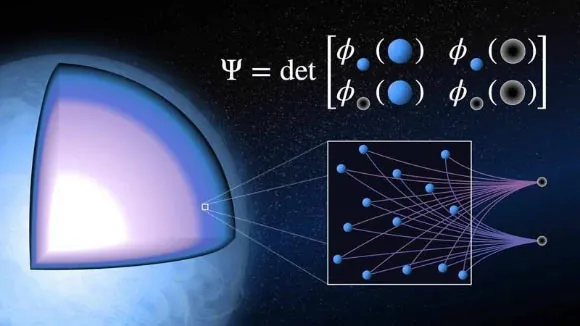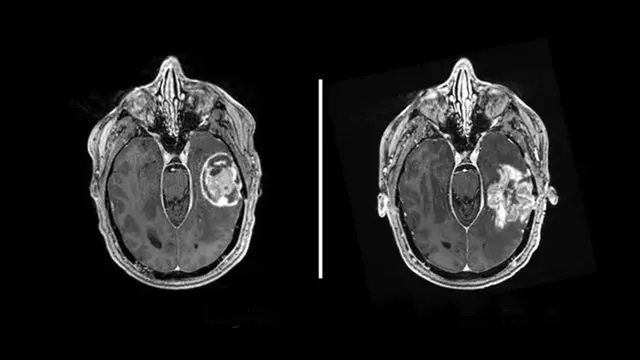
Breakthrough in AI Technology: No-Contact Screening for High Blood Pressure and Diabetes
2024-11-13
Author: Wei
Groundbreaking Development in AI Technology
In a groundbreaking development, researchers are unveiling a cutting-edge artificial intelligence (AI) system that promises to revolutionize screening for high blood pressure and diabetes without the need for invasive tests. This innovative detection method will be showcased at the prestigious American Heart Association’s Scientific Sessions 2024 in Chicago.
How the Technology Works
Using a high-speed video camera, this device captures up to 150 images per second of a person's face and palm. Advanced algorithms then analyze these recordings to detect early indicators of hypertension and both type 1 and type 2 diabetes, offering an exciting glimpse into the future of remote health monitoring.
Study Results
The study involved 215 patients, with an average age of 64, and revealed impressive results: a remarkable 94% accuracy rate for diagnosing stage 1 hypertension and 86% accuracy for identifying above-average blood pressure. When it came to spotting diabetes, the system achieved a 75% accuracy rate compared to traditional blood tests that measure hemoglobin A1c.
Expert Opinions
Lead researcher Ryoko Uchida from the University of Tokyo expressed optimism over the potential of this non-invasive technology. "Imagine the possibility of people being able to monitor their health from the comfort of their homes," Uchida said. This advancement could not only enhance individual health awareness but also lead to early intervention for those who typically avoid medical assessments.
Challenges Ahead
Despite the promising findings, Uchida cautioned that significant work remains before this technology can be widely used. The team must integrate more algorithms and upgrade the sensors to make them cost-effective. Their ultimate goal is to secure approval from the U.S. Food and Drug Administration (FDA) and develop an accessible smartphone application that can serve as a health monitoring tool across the nation.
Need for Validation
Dr. Eugene Yang, a cardiology professor at the University of Washington, also highlighted the need for thorough validation of this new screening technology. "While these results are encouraging, we must remain cautious, as the current devices lack comprehensive validation processes," Yang warned. He emphasized that until standardized validation protocols are established, traditional methods for measuring blood pressure and glucose should remain in use.
Anticipation for the Unveiling
As anticipation builds for the unveiling of this revolutionary technology, the scientific community remains attentive to its development. Uchida and her team are set to present their latest advancements on Sunday, November 17, at 11:10 a.m., in a digital poster session moderated by esteemed cardiologists from Stanford University and Yale School of Medicine.
Conclusion
Stay tuned as the future of healthcare promises to make monitoring and managing chronic conditions simpler, more accessible, and less invasive!



 Brasil (PT)
Brasil (PT)
 Canada (EN)
Canada (EN)
 Chile (ES)
Chile (ES)
 España (ES)
España (ES)
 France (FR)
France (FR)
 Hong Kong (EN)
Hong Kong (EN)
 Italia (IT)
Italia (IT)
 日本 (JA)
日本 (JA)
 Magyarország (HU)
Magyarország (HU)
 Norge (NO)
Norge (NO)
 Polska (PL)
Polska (PL)
 Schweiz (DE)
Schweiz (DE)
 Singapore (EN)
Singapore (EN)
 Sverige (SV)
Sverige (SV)
 Suomi (FI)
Suomi (FI)
 Türkiye (TR)
Türkiye (TR)